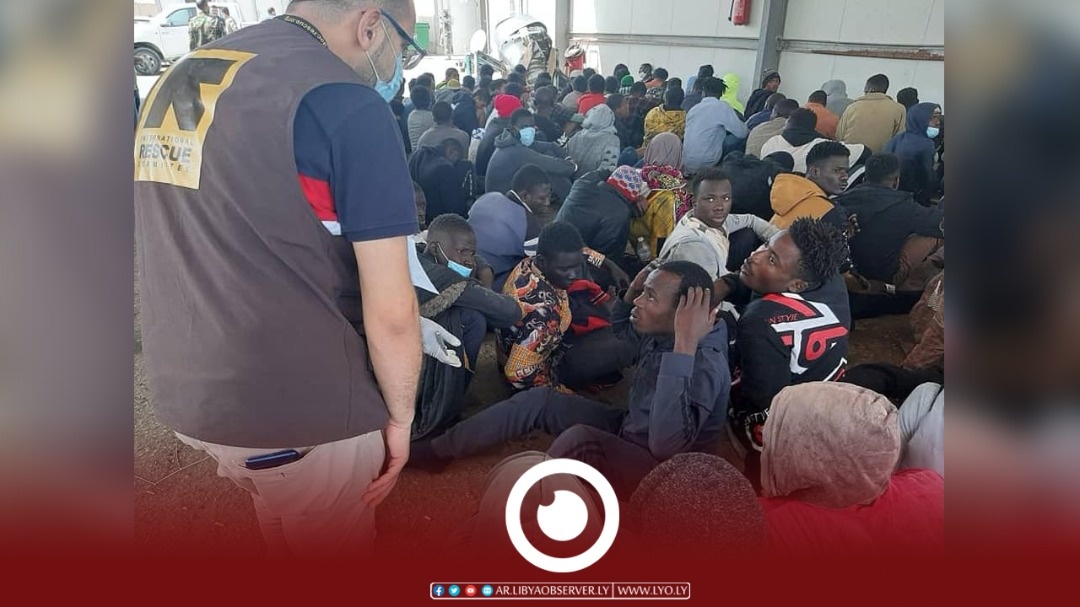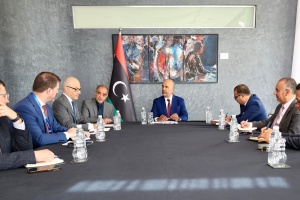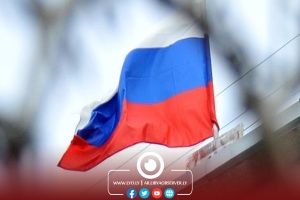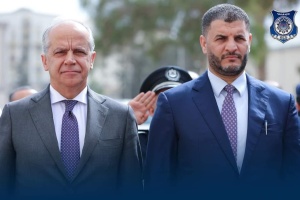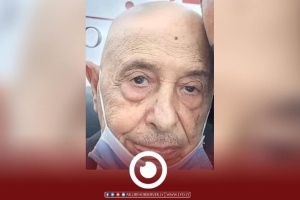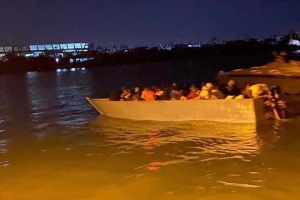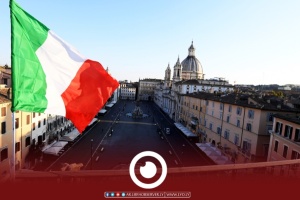The "national forces, political entities, and civil society institutions in the Fezzan region - south of Libya - have rejected the principle of resettling illegal immigrants under any pretext and for any reason in Libya, adding in a statement that Libya is a "geographical victim, and it is a corridor country, not a country of source or destination, and that the attempts to resettle under the slogan of humanity and human rights are nothing but exposed intentions," adding that they will confront those attempts by all means.
"As we follow the file of illegal immigration, its humanitarian repercussions, and its geopolitical effects on Libyan national security and the continuous international pressure on Libya in order to sign the 1951 Convention and the Additional Protocol of 1967 regarding refugees, the country needs to change the immigration law, as proposed by the UN envoy and according to what was stated at the International Conference on Development and Immigration last Sunday in Italy.
The statement stressed that the correct handling of this issue starts from the southern borders of Libya, not by stopping immigrants at sea, calling on the Libyan government to secure and close the borders and control them urgently and to transfer the headquarters of the Border Guard and the Illegal Immigration Agency to the south in an urgent manner.
The statement called on the African Union to deal with the issue of migration in a humane manner, not politically, and to assist the source countries through development projects that limit immigration and provide immigrants with job opportunities in their countries, not in the countries of transit, calling on the Libyan authorities to reject any money or aid that would contribute to the resettlement of migrants and work to benefit from technology, as "European countries are in the process of closing and monitoring borders around the clock."
They also called on the Attorney General to open an urgent investigation into everything that is happening regarding the resettlement project, and to send committees to the south to see the reality on the ground and refer those involved to the judiciary, with the need to disclose the results of these investigations.

